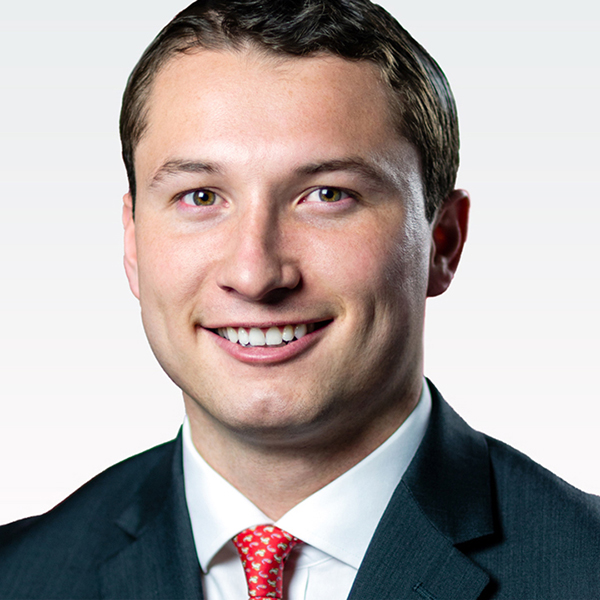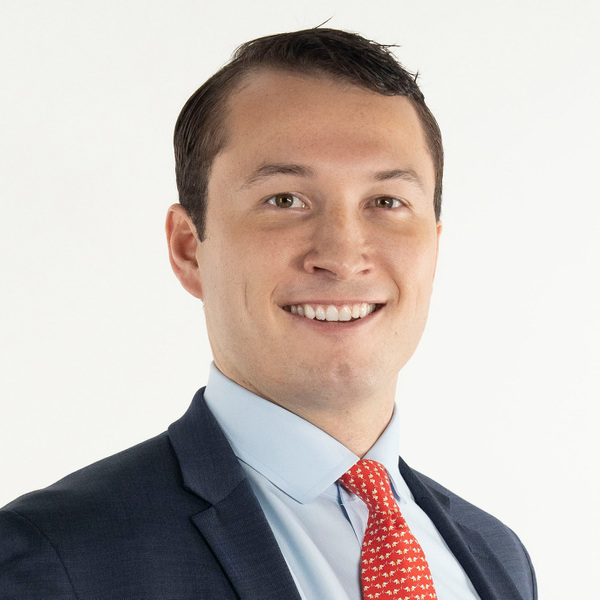Gaurav Sharma is the founder and CEO of Capitalize, the first online platform to help consumers easily transfer their retirement assets. By coupling proprietary technology with advice from their rollover experts, Capitalize aims to provide a seamless way for people to find, consolidate, and maximize their retirement savings. Before founding Capitalize, Gaurav honed his experience and passion for investing and entrepreneurship in the investment banking and hedge fund industries.
BBH Relationship Manager Mack Dowling recently sat down with Gaurav to discuss his journey to becoming a CEO, lessons learned, and the importance of remaining focused on your mission.
You were an investment banking analyst and then worked at a hedge fund before founding a company and becoming the CEO. What inspired you to make those career changes and then decide to go out on your own?
I’ve always been fascinated by finance and how it intersects with our lives. Like many others, I realized that starting off in the investment banking world was a great training ground. It opened many doors for me – one being the opportunity to work at some well-known hedge funds. I was fortunate to work for some amazing people who were generous mentors, and they taught me how to analyze situations, think about risk-reward, and make high-quality decisions with imperfect information.
About a decade into my career, I got the itch to use that knowledge and skill in different ways. I was noticing ways that Americans struggled with financial decisions in their daily lives. One thing led to another, and I set off to build Capitalize to help people better handle their retirement finances.
Personal finance can be overwhelming – what inspired you to start Capitalize and what is your company’s mission? How has your mission evolved as the company has grown?
One of the observations I had while working in finance was just how hard it was for most folks to save for retirement.The burden placed on us as individuals to do the right thing is significant – we need to decide how much to save for retirement, which account to save in, how to invest that money, and then how to withdraw it thoughtfully when we retire. These are tough asks for even the savviest financial professional – and yet it’s what millions of Americans are expected to do each day.It’s no wonder, then, that so many Americans enter retirement without enough money saved to live a comfortable life. That always struck me as a problem worth solving, so we started Capitalize with the mission of helping people save and invest for retirement.While our specific products and how we offer them may change over time, that mission will not. It’s what keeps us going.


